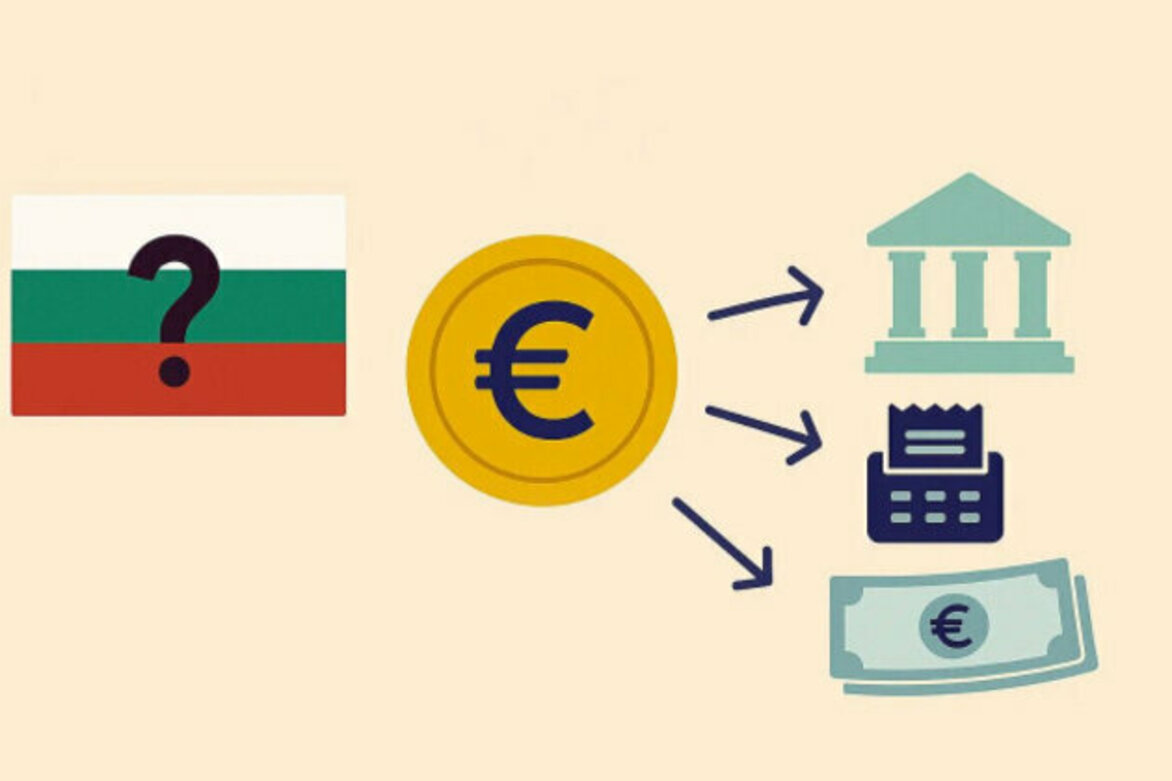How Will the Euro Be Introduced in Bulgaria
Novinite.com
06 Jun 2025

The European Commission and the European Central Bank have both confirmed that Bulgaria meets the necessary criteria for eurozone membership. This development, according to Prime Minister Rosen Zhelyazkov, is a historic milestone that affirms Bulgaria's long-standing aspiration to be fully integrated into the European family of developed and free nations. Speaking at a briefing after the reports were published, he emphasized the symbolic weight of this moment, noting that it marks the culmination of a national journey that began in the late 1990s and reached a turning point with EU membership in 2007.
Zhelyazkov underlined that the road to this point was anything but easy - plagued by financial, banking, political, and energy crises, as well as the impact of the COVID-19 pandemic. But through determination and discipline, he said, Bulgarians endured and managed to succeed where others faltered. The positive reports, he added, are not merely political endorsements - they reflect the country's economic readiness and institutional trustworthiness in the eyes of Brussels.
The official start of the process is expected to come on July 8, when the European Parliament and the Council of the EU are scheduled to adopt the formal decision that will greenlight Bulgaria's accession to the eurozone. Once adopted, the law on the introduction of the euro - passed by the National Assembly last year - will go into full effect. The government, Zhelyazkov said, is already working within a framework designed for a smooth and gradual transition to the euro, guided by three core principles: calm implementation, transparency, and the prevention of opportunistic market behavior.
To this end, the Council of Ministers has approved the creation of a special coordination mechanism at the political level, aimed at overseeing all activities related to the transition. This includes preventing unjustified price hikes and manipulative practices ahead of the switch. Regulatory agencies like the Commission for Consumer Protection, the Energy and Water Regulatory Commission, and the Communications Regulation Commission will have an active role in monitoring the market.
A draft memorandum is also in the works, intended to secure broad cooperation with major retail chains, business associations, trade unions, and employers' organizations. The goal, according to Zhelyazkov, is not only to ensure a fair process but also to demonstrate the economic advantages of euro adoption. He cited the case of Croatia, where purchasing power increased from 72% to 82% of the EU average within just two years of joining the eurozone.
Finance Minister Temenuzhka Petkova added further details, confirming that the timeline includes a series of key events in June and July. These include meetings of the Eurogroup, ECOFIN, and the final decision on July 8. She reiterated that Bulgaria is fully prepared for the switch, with the legal and administrative groundwork already laid. Following the Council's decision, Bulgaria will enter a period of dual pricing - displaying prices in both leva and euros - from August 2025 until the end of 2026.
Petkova emphasized that during this phase, strict price monitoring will be enforced to prevent unjustified increases. Agencies such as the National Revenue Agency and the Commission for Consumer Protection are already engaged in oversight efforts. In her words, eurozone membership promises long-term benefits: stronger economic growth, greater stability, and deeper investor confidence.
Bulgarian National Bank Governor Dimitar Radev echoed these sentiments. He described the positive assessments from the European institutions as fully deserved and stressed that the focus now shifts to preparation. The BNB, he said, will work in three main areas: finalizing Bulgaria's official admission, aligning the banking system's infrastructure with eurozone requirements, and supporting the state's public information campaign on the euro.
Radev confirmed that the central bank is on schedule and ready for the logistical challenges ahead. He noted that the transition to the euro will not just be symbolic, but will embed Bulgaria deeper into the EU's economic core - reinforcing long-term financial discipline and credibility.
In closing, Prime MinisterZhelyazkov described this as a national achievement - one that honors the work of all governments over the years, and more importantly, the perseverance of Bulgarian society. The convergence reports, he said, represent not only a stamp of approval from European institutions but a recognition of decades of collective effort.
